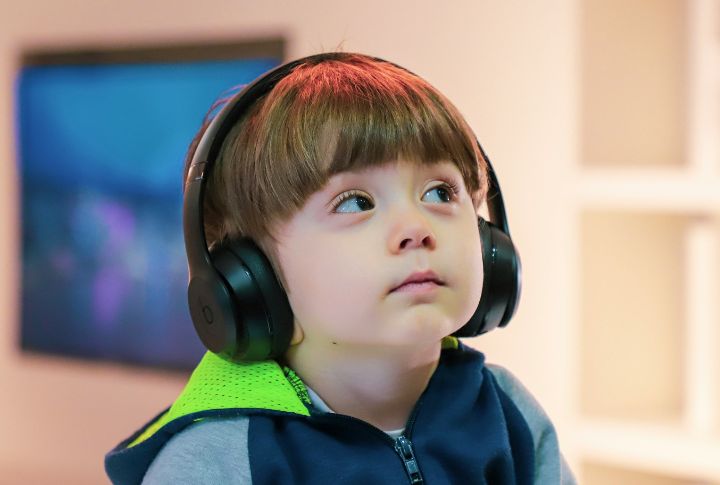Lifestyle
10 Red Flags That Indicate Your Child Feels Anxious

Every parent has those moments of wondering if they’re missing something important. Your child seems different lately, but you can’t quite put your finger on why. Trust that instinct. Children often communicate their inner struggles through behavioral changes before they can verbalize their feelings. Let’s explore 10 such patterns that will help you understand and address your child’s emotional health.
Clinging Desperately During School Drop-Off

Your heart breaks watching your child wrap their arms around your legs, tears streaming down their face. Other kids wave goodbye and run to their friends, but yours won’t let go. School drop-offs become daily battles that leave both of you emotionally drained.
Frequent Stomachaches Every School Morning

Mornings before school start the same way, with your child doubled over, clutching their stomach, and saying it hurts too much to go. You’ve been to the doctor multiple times, but nothing’s physically wrong. However, you can see that the pain is real in their face.
Unexplained Irritability Without Clear Reason

Your once-happy child now has intense tantrums over the smallest things that never mattered before. You find yourself walking on eggshells, never knowing what might trigger the next outburst because the last time, a different colored cup caused sudden distress.
Perfectionist Behavior During Simple Homework

Simple math homework takes three hours because your child erases their work repeatedly. Nothing looks “right” to them. You watch them cry over assignments that should take fifteen minutes and throw away papers because they weren’t perfect enough to turn in.
Overreacting To Minor Changes In Schedule

When you decide to stop for groceries before going to the park instead of after, they become completely overwhelmed. Any change to the daily routine feels impossible for them to handle and sends them into panic mode. It seems that your child needs to know exactly what’s happening and when.
Seeking Constant Reassurance From Trusted Adults

“Are you sure I’ll be okay?” becomes your child’s daily question, asked dozens of times. Even after you’ve reassured them, your words seem to provide only temporary relief before the worry creeps back in. And it shows on their face after every independent activity at home or outside.
Extreme Fear Of Making Any Mistakes

Your child won’t try the monkey bars because they might fall. Sometimes, they refuse to raise their hand in class because the fear of being wrong has become bigger than their desire to learn and play. If you notice they’ve stopped attempting anything new, a talk is overdue.
Negative Self-Talk Patterns

You overhear your child saying surprisingly harsh things about themselves, like “I’m so stupid,” “I can’t do anything right,” or “Nobody likes me.” It’s become their default way of talking about themselves, creating an inner critic that is too harsh for someone so young.
Sleep Struggles Without Parents Being Present

You find yourself in your child’s room every night, waiting for them to sleep. And even then, they often wake up calling for you. They used to sleep through the night independently, but now, being alone in their room feels impossible for them to handle for reasons that you might be unable to name.
Showing Physical Tension Through Nail Biting

You notice that your child’s fingernails are bitten down to the quick, sometimes until they bleed. You notice them automatically bringing their hands to their mouth during stressful moments—watching TV, doing homework, or even just sitting quietly.

